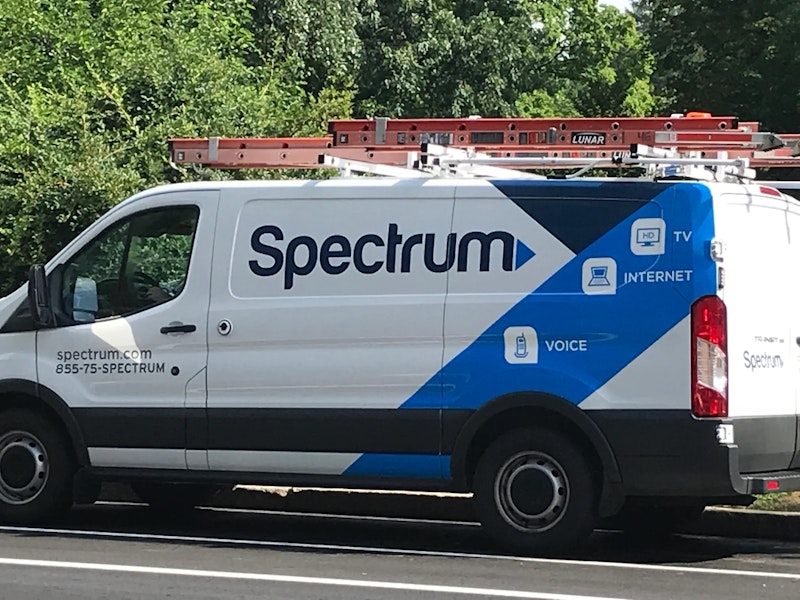When my television cable receiver boots up, it shows a splash screen displaying the word “Spectrum.”. Spectrum’s defined as “a suite of advanced broadband services offered by Charter Communications, Inc.” Recently, more than 15 million Spectrum subscribers who tuned to any of the Disney-owned networks learned they weren’t going to see that football game, tennis match, or Disney movie they’d planned on. Charter Communications and Disney are at war, and those subscribers, myself included, are the losers in this battle.
You’ve probably experienced one or more instances of this monetary conflict before. Sometimes the programming lost is a local CBS affiliate, as is the case currently for a family member in Pennsylvania. Your cable company wants you to think they’re going to bat for you by blaming the content provider for the loss of programming from the local news station, or some media giant, like Disney. A disclaimer runs on those stations for Spectrum subscribers.
“The Walt Disney company, the owner of this channel has removed their programming from Spectrum. We offered Disney a fair deal, and yet they continue to demand an excessive increase.”
I’m pretty confident that Disney disagrees with what Spectrum considers an excessive increase. At one time, ESPN properties accounted for 30 cents out of every dollar of profit made by Disney. It’s true there are less people watching ESPN and similar networks than in the past. We receive our content in different ways now, and many people feel there are simply too many choices between basic cable, premium services and the available streaming choices. We have difficult choices to make. But let’s be clear: Disney didn’t so much remove their programming from Spectrum as Spectrum chose not to pay Disney’s bill.
Charter Communications says that the entire cable television system is “broken,” and they can’t continue to provide affordable services under the current model. “Customers are leaving the traditional video ecosystem, and losses have accelerated,” said a statement from Charter.
Charter posted a net income of $1.22 billion for the quarter ended in December of 2022. Their stock is trading at $422 a share. Tom Rutledge, Charter’s CEO, made $41 million in 2021. I know Disney’s Bob Iger receives a fat paycheck, too. But Spectrum wants me to believe they’re the good guy in this fight, when in fact, the price of something went up, and they don’t want to pay it. Part of the reason they don’t want to pay it is because if they pass it along to consumers, some of them, more of them, will become fed up, and cancel their subscriptions. When was the last time you went to the grocery store? Have you noticed prices going up?
I don’t want my cable bill to go up. I’ve already suffered price increases to Max, Apple TV and Netflix. But I do want to watch sports and some FX show I’ve yet to discover. And Charter has taken that choice away from 15 million of us.
The Spectrum truck rolls down your block and stops at a neighbor’s house. There’s a need for service of some sort. And Spectrum will provide that service, and get you back on line, if the trouble happens to be with your internet capabilities. That’s because those services are Spectrum’s to provide. But what if that truck had a tire blow out, and Spectrum went to Nitto tire and asked for a new one. Nitto says, “Well you know, things have been tough, so we’re charging $71 for that tire.” Spectrum’s aghast, as the tire used to be $63. Spectrum has a choice—pay for the tire, at the new price, or pass the increase along to me. Which they surely will. But they won’t stop making service calls, and they certainly aren’t going to turn off my internet because the tires cost more.
Perhaps that analogy isn’t spot-on, but it’s close. Maybe my bill will go up, and maybe an internal audit will show that 60 cents of it goes to Disney. As much as no one likes to pay higher prices, I’d prefer to make that choice for myself, as opposed to my cable company choosing to not pay their bill, and pass the problem on to me.

